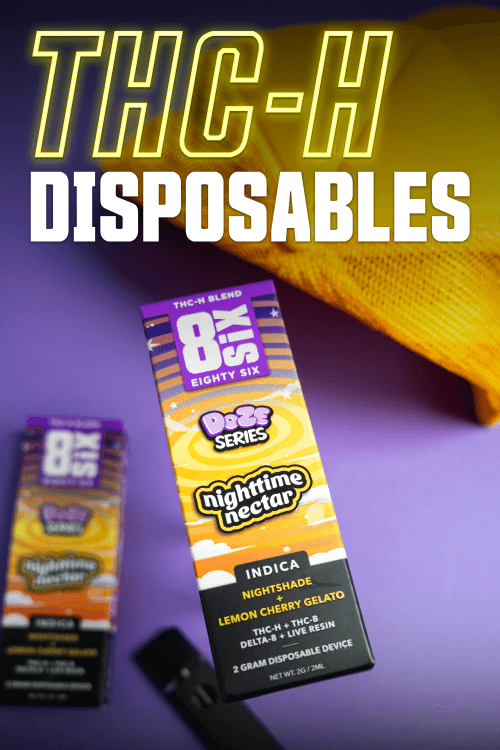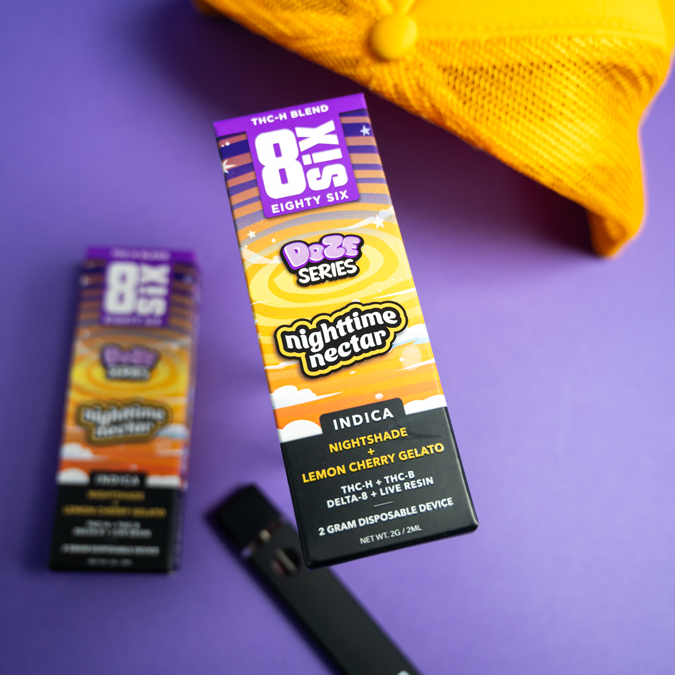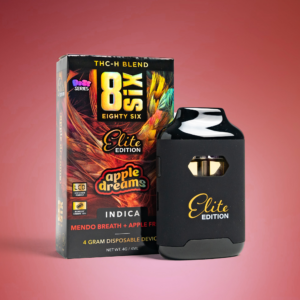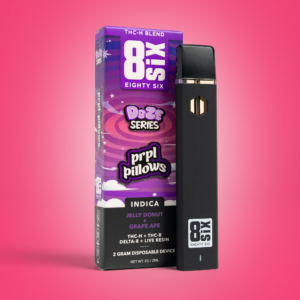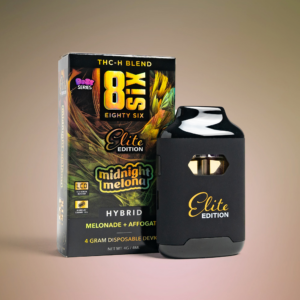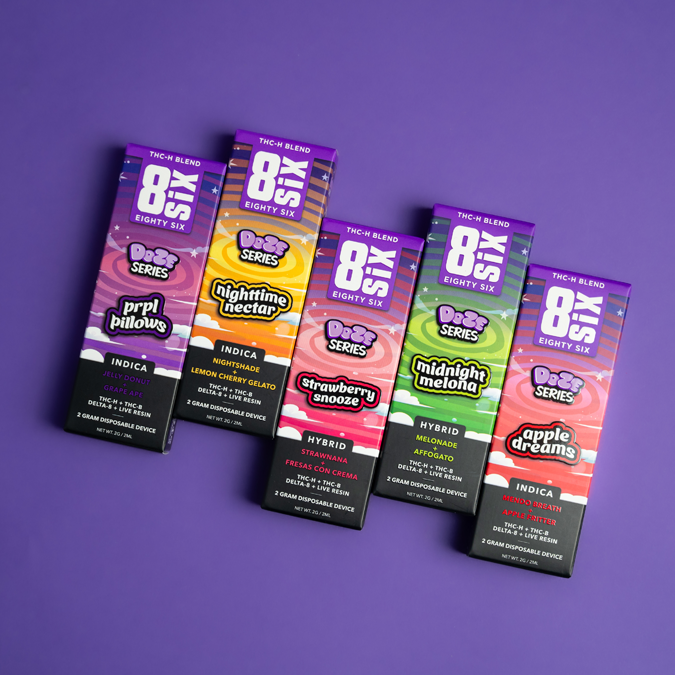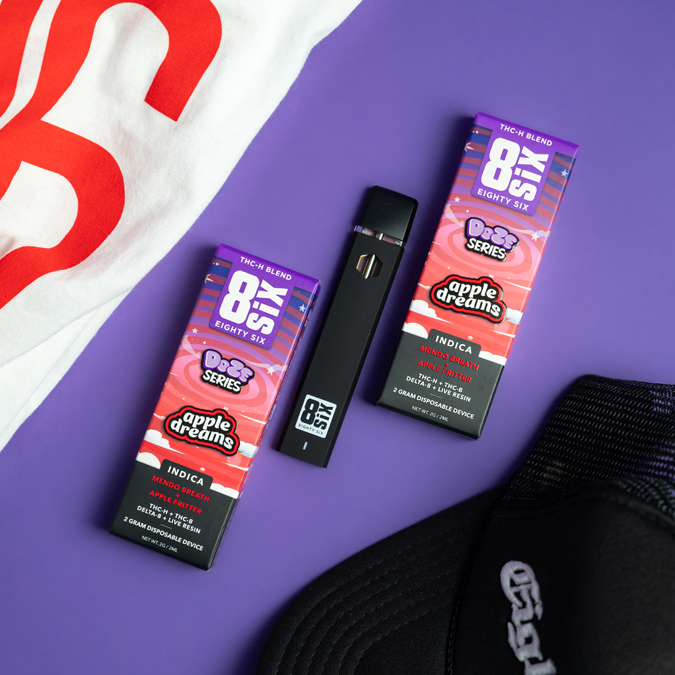Unsurprisingly, new cannabinoids continue to spark curiosity among users. Something new always tends to generate interest among enthusiasts and researchers alike. One such compound is THCh, which is often compared to the more well-known Delta-9 THC.
In this guide, we offer a deep dive into THCh vs. Delta-9. In a head-to-head of THCh vs. THC, let’s uncover their differences and similarities.
What is THCh?
For starters, THCh is one of the newest cannabinoids on the block. It’s short for tetrahydrocannabihexol. THCh was actually discovered by the same Italian scientists who discovered THC-P.
Only discovered in 2020, THCh is a potent and psychoactive with a world of potential. The cannabinoid is similar to Delta-9, but also different in many ways. In short, THCh represents an exciting addition to the cannabinoid world.
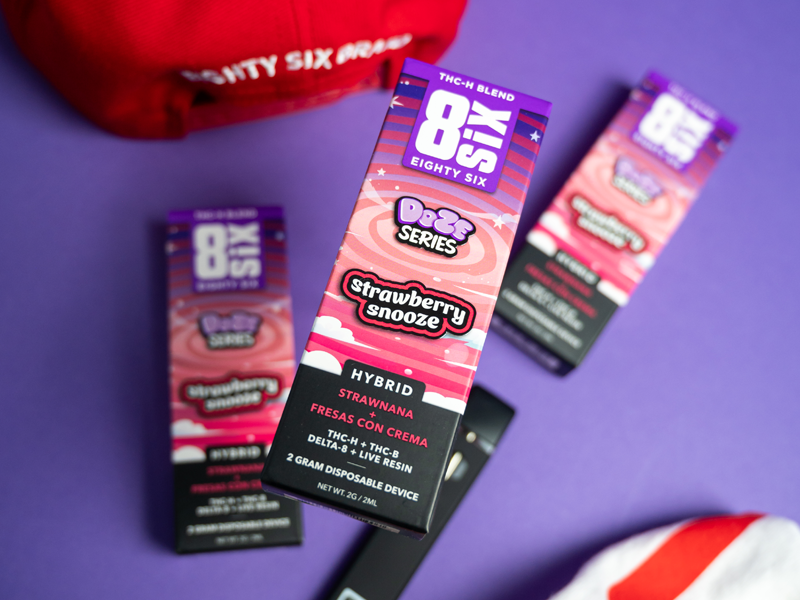
What is Delta-9 THC?
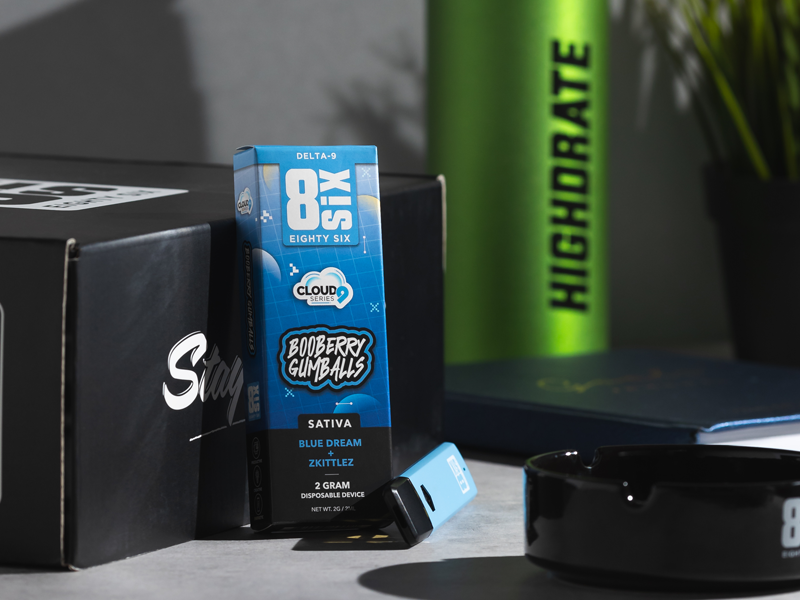
Then, there’s the classic THC many cannabis users know and love. Short for tetrahydrocannabinol is none other than Delta-9 THC. It’s the most abundant THC in cannabis and the one close to many in an enthusiast’s heart.
Delta-9 THC is the THC responsible for the psychoactive effect commonly associated with pot. It interacts with our endocannabinoid system. Primarily, it targets the CB1 receptors in our brains and nervous systems.
THCh vs. Delta-9
As we continue, let’s explore the differences and similarities between THCh vs. Delta-9.
Chemical Structure
First, both THCh and Delta-9 forms of THC or tetrahydrocannabinol. Both also interact with the body’s endocannabinoid system. In particular, both cannabinoids focus on the CB1 receptors in the human body.
The similarities stop there on a chemical structure front, however. Delta-9 has a shorter side chain. Its chemical structure includes a pentyl side chain. Conversely, THCh includes a hexyl side chain and has a longer side chain compared to THC.
It’s these chemical structure differences that start distinguishing the two forms of THC. In fact, the length of a carbon side chain is a significant point of difference.
Effects and Potency
Starting with the similarities, both THCh and THC are psychoactive. As potent forms of THC, both interact with our endocannabinoid systems to cause an intoxicating effect. The two cannabinoids can induce feelings of euphoria and relaxation.
THCh, however, may hit for a longer duration thanks to its longer carbon side chain. In that sense, some users report THCh producing a stronger high than Delta-9. While anecdotal, it gives us an idea of just how strong THCh might be. Research is still ongoing to determine THCh’s exact potency, but the results thus far are promising.
Legal Status
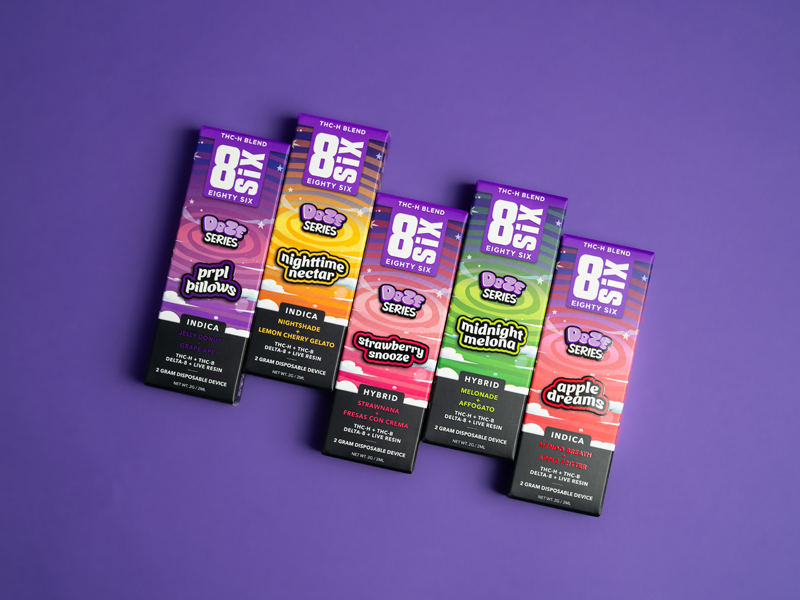
As far as legal status is concerned, the two cannabinoids differ. As a relatively new cannabinoid, THCh’s legal status remains unclear in many regions.
Manufacturers derive THCh from CBD through chemical conversion. That makes it more accessible and increases the likelihood that it’s legal on a federal level. Because laws regarding THCh may vary, make sure to check the legality in your area before making any purchases.
On the other hand, THC is the primary psychoactive compound in cannabis. It’s classified as a Schedule 1 controlled substance. Its legal status varies from state to state.
In some states, cannabis is legal for medical and/or recreational use. Delta-9 THC in these states is subject to regulation regarding its distribution and potency.
One thing to note is that legal industrial hemp must contain 0.3% Delta-9 THC or less. Therefore, hemp-derived products may contain Delta-9, as long as it’s under the the legal limit.
Uses and Potential Benefits
There’s extensive research on THC, but little is known about THCh so far. We know it’s a potent psychoactive cannabinoid and that it interacts with the endocannabinoid system. It provides similar effects to Delta-9.
Research n THCh is still in its early stages. Users report experiencing euphoria, relaxation, and mood elevation. Others claim THCh offers pain relief, better sleep quality, and stress reduction. In other words, its therapeutic potential is off the charts.
Meanwhile, many know Delta-9 for its euphoria effects and ability to induce relaxation and sedation. The famous THC provides therapeutic effects, including pain relief, appetite stimulation, and more.
Delta-9’s uses for medicinal purposes is legal in many regions. It’s often prescribed to treat conditions like chronic pain, inflammatory diseases, and others. More research is necessary, but more results come out each year to show off THC’s true potential.
Where to Find THCh and Delta-9 Products
Now that you know the differences between THCh and Delta-9, it’s time to test yourself. You can’t know which is your favorite until you’ve tried them both! Fortunately, Eighty Six makes it easy with our Doze Series for THCh and our Cloud 9 Series for Delta-9.
Some products to watch out for from the Doze Series include:
- Apple Dreams – crossing Apple Fritter and Mendo Breath
- Midnight Melona – crossing Affogato with Melonade
- Nighttime Nectar – a Nightshade and Lemon Cherry Gelato cross
- PRPL Pillow – a combination of Jelly Donut and Grape Ape
- Strawberry Snooze – the perfect blend of Strawnana and Fresas Con Crema
Meanwhile, the Cloud 9 Series features a diverse array of edibles and disposable vapes. Take your pick between powerful sativa, indicas, and hybrids to discovery your absolute favorite one.
Final Thoughts on THCh vs. THC
As we conclude our exploration of THCh vs. Delta-9, it’s clear both cannabinoids offer unique potential benefits. THCh represents a new addition to the cannabis scene. Its similarities and differences with delta-9 provide valuable insights into the cannabis world.
Understanding these compounds’ chemical structure, legal status, effects and more helps unravel their complexities. Whether you’re a seasoned smoker or new to cannabinoids, exploring the differences between these two helps open a door to a whole new world.
Try out the fascinating compounds between our Doze and Cloud 9 series. Enjoy the freshness of what cannabis has to offer today.
